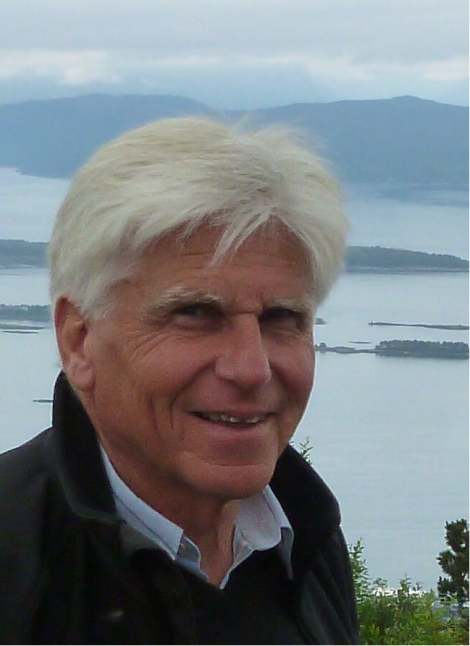In every edition of this newsletter, a member of the Commission will introduce himself or herself to you, the reader, so you can convince yourself that this Commission, with its excessively lengthy name, is populated by real people. It will give you an insight into the themes and considerations in the work of the Commission. Now it’s my turn.
 My name is Frans Kuipers (1949). On the Commission I represent The Netherlands Association of Universities of Applied Sciences (Vereniging Hogescholen). I am a tropical agricultural engineer and after my graduation I worked as an irrigation and drainage engineer in Asia and Africa for a long time. After returning to the Netherlands, my career in higher education started, first as a senior lecturer, then as a governor. First I was a member of the Board of Governors of the Agricultural University and after that, up to my retirement, as chairman of the Board of Governors of the NHL University of Applied Sciences in Leeuwarden.
My name is Frans Kuipers (1949). On the Commission I represent The Netherlands Association of Universities of Applied Sciences (Vereniging Hogescholen). I am a tropical agricultural engineer and after my graduation I worked as an irrigation and drainage engineer in Asia and Africa for a long time. After returning to the Netherlands, my career in higher education started, first as a senior lecturer, then as a governor. First I was a member of the Board of Governors of the Agricultural University and after that, up to my retirement, as chairman of the Board of Governors of the NHL University of Applied Sciences in Leeuwarden.
My years spent in the tropics have made me what I am today. From my experience I know how important international contacts are and that these are essential for higher education. Internationalisation is no luxury but a vital necessity. However, as an institute of higher education to give this meaning is far from easy. The institutes have shown that in the last decades. It was often a struggle and each institute managed this in its own way, being more of less successful.
Fortunately, the sector realised that in order to prevent intervention by the authorities, agreements on how to deal with international students were needed. Because of that the Code of Conduct came into existence, which ensures that we will develop good practices and meet the minimum quality requirements.
I have been member of the Commission for nearly nine years, and in April 2018 I will step down. This has been one of the most engaging committees I have been on. Fascinating, since the student has always been the focal point of the discussions. Also because of the work of the Commission, the international student has been given a place in Dutch law and regulations. The Code of Conduct has gained the confidence of the Immigration and Naturalization Service, the ministry of Social Affairs and Employment and the Public Prosecution Service with regard to the reception and supervision of our foreign students.
Together we have achieved a great deal. However, our full attention must remain unwavering. Just think of developments such as the double degree programmes, distance learning, international campuses and PhD programmes. These in turn call for new agreements.
I am confident that if we continue on this path, we will further strengthen the international position of Dutch Higher Education. This will undoubtedly benefit all of us.


